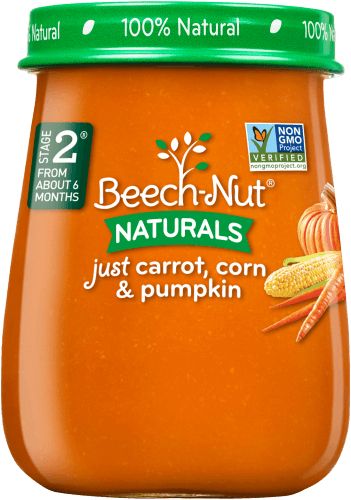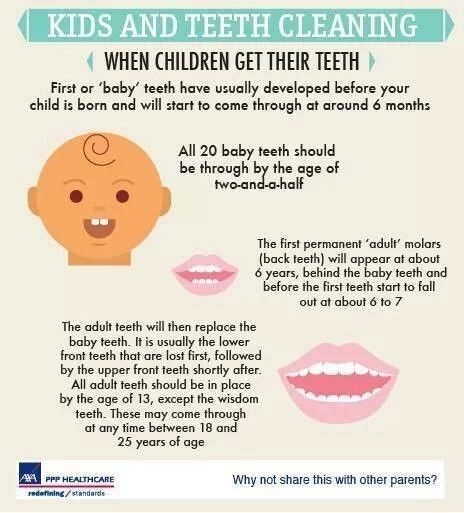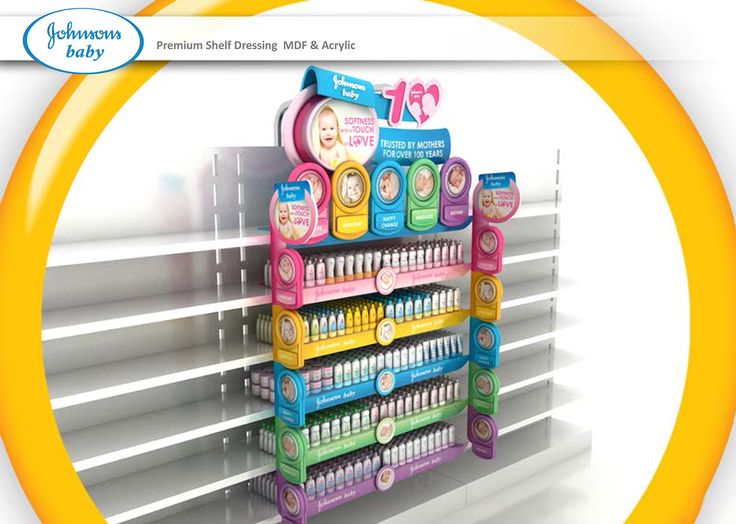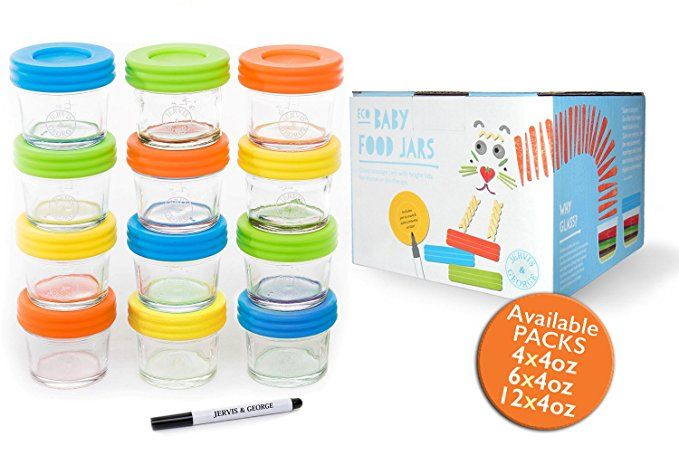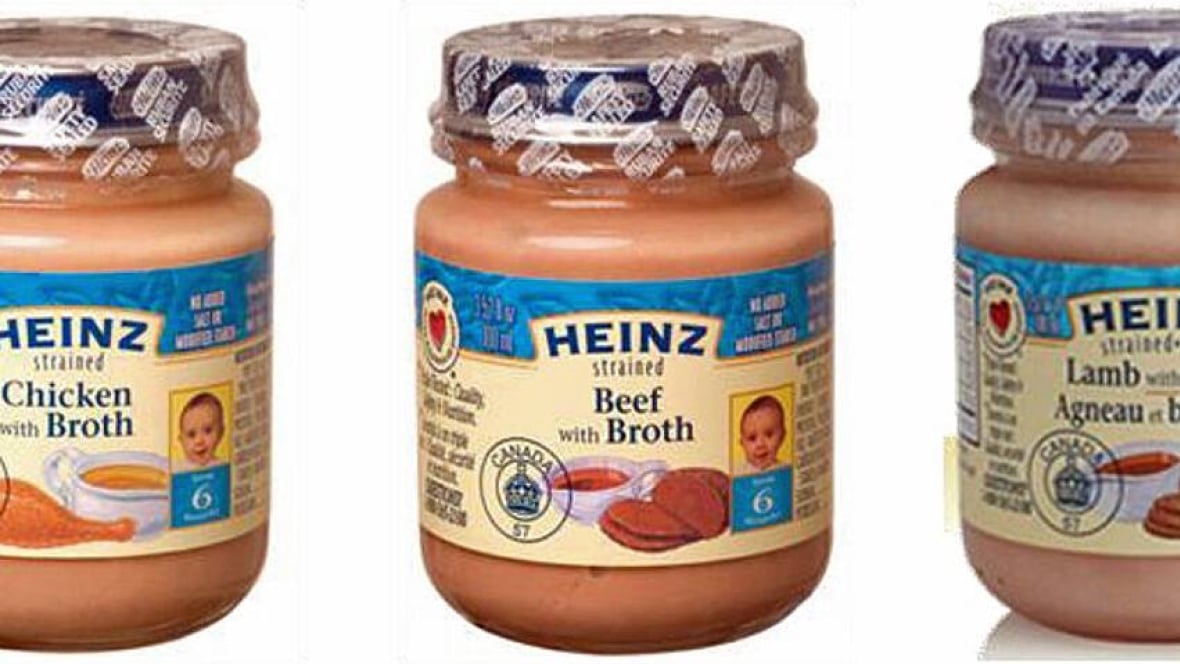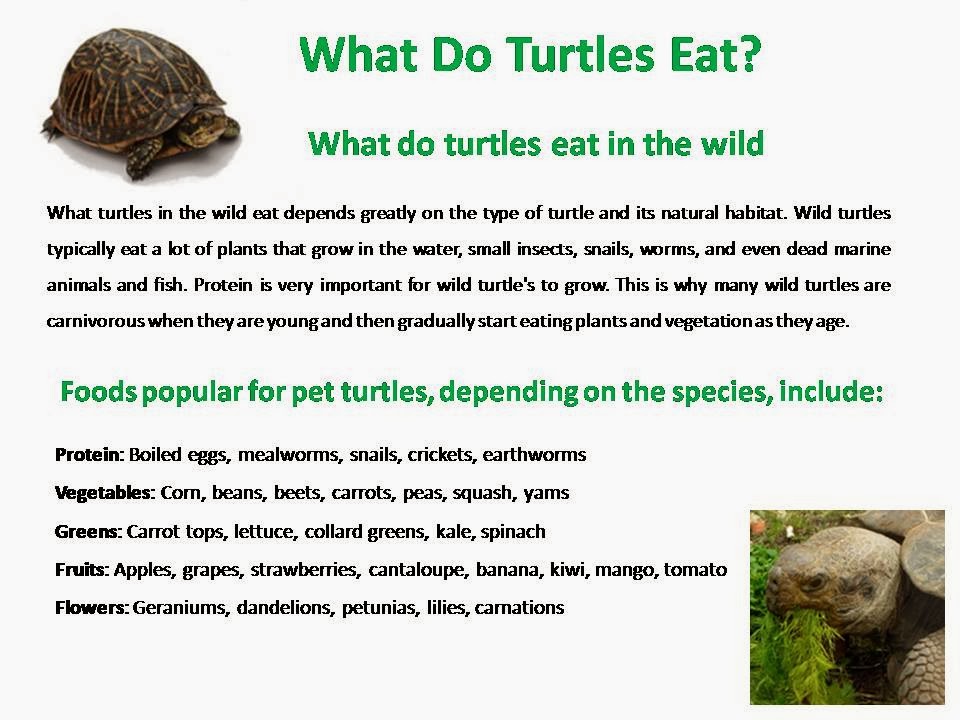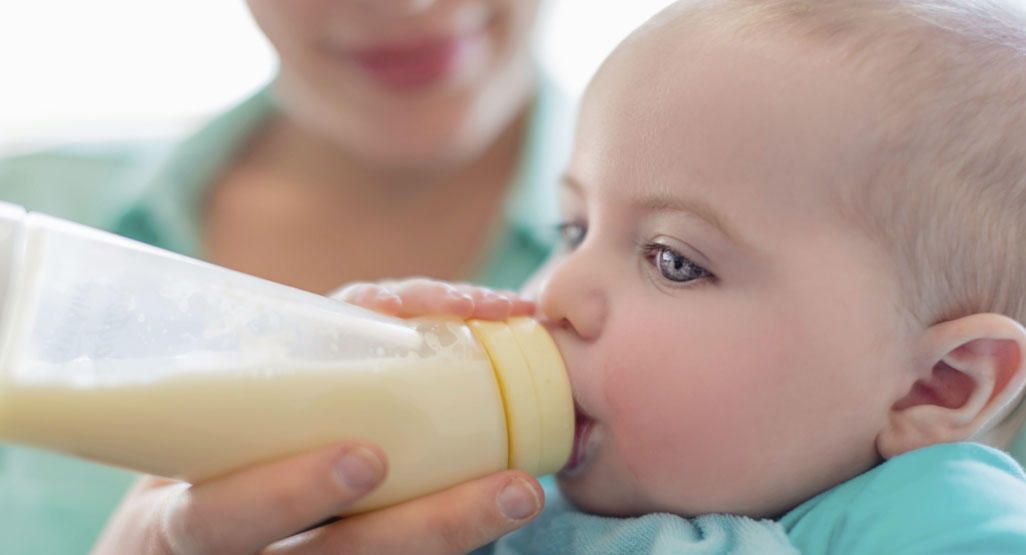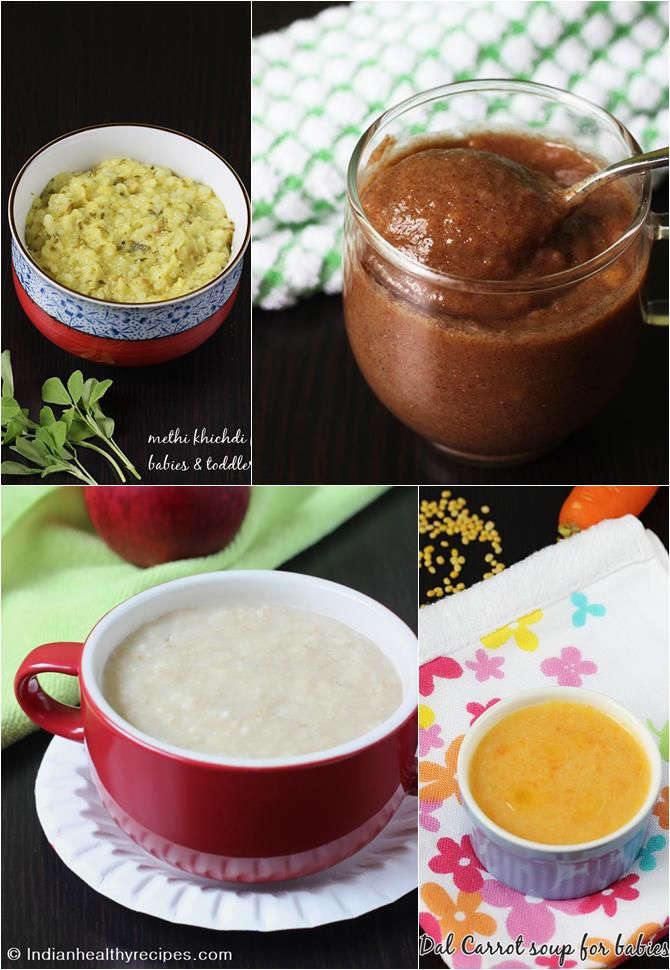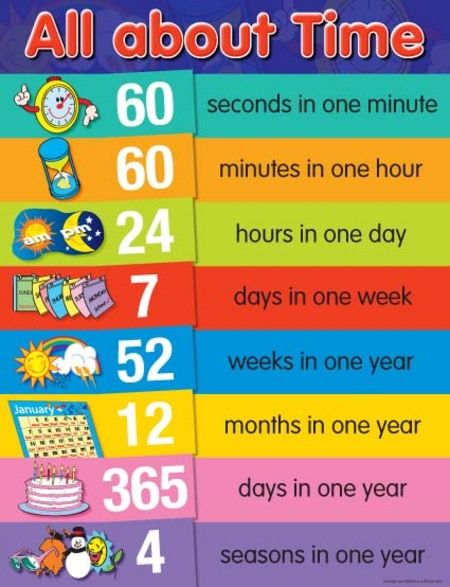Beech nut organic baby food stage 1
What You Need To Know
Overview
Two disturbing Congressional baby food safety reports were released in February and September 2021, revealing that many of the most popular brands of baby foods were selling products that were tainted with dangerously high levels of toxic heavy metals.
Among the brand names mentioned were Gerber and Beech-Nut, well known for their baby and toddler food items.
The results of these reports are concerning because even low levels of heavy metals such as arsenic, lead, mercury, and cadmium can be detrimental to babies and growing toddlers.
Exposure to these heavy metals can cause permanent damage to your child’s brain development. It may lead to IQ decrease and behavioral issues. (1)(2)
New parents, and even unsuspecting seasoned parents, have enough worries on their plates regarding their children’s well-being to have to also think about issues of food contamination such as these.
In light of these findings, it’s becoming increasingly harder to trust big-name brands and the quality of their products.
Lawmakers and parents alike are now putting pressure on the FDA (U.S. Food and Drug Administration) to introduce stricter testing policies for companies such as Beech-Nut.
One of the main changes being pressed is to require baby food manufacturers to test the finished products for heavy metals rather than testing individual components before formulations are made.
In January 2023, the FDA announced that they’re planning on putting limits on the lead content in baby food. They’re also creating a new department to focus on food safety.
Keep reading to learn more.
Which Baby Food Brands Are Toxic?
In a detailed Congressional Report on toxic products released last February 2021, the US Congress Subcommittee on Economic and Consumer Policy asked the following baby food manufacturers for the test results of products reported to have high levels of toxic heavy metals: (3)
- Beech-Nut Nutrition Company (Beech-Nut)
- Nurture, Inc.
 (HappyBABY and HappyTOT)
(HappyBABY and HappyTOT) - Hain Celestial Group, Inc. (Earth’s Best Organic)
- Gerber
- Campbell’s Plum Organics
- Walmart Inc. (Parent’s Choice)
- Sprout Foods, Inc. (Sprout Organic Foods)
Of these seven baby food companies, only Beech-Nut, Gerber, Nurture, and Hain submitted test results and internal testing policies to the Subcommittee. The rest refused to cooperate. (3)
Despite complying with the Subcommittee’s request, the four companies remained under fire. Their test results showed heavy metal levels in their ingredients and baby food products were several times the FDA’s maximum allowable levels. (3)
Instead of meeting FDA’s standards, the baby food manufacturers created their own internal standards with increased limits that make it appear as if their products passed. In reality, their results are several times higher than the FDA standards.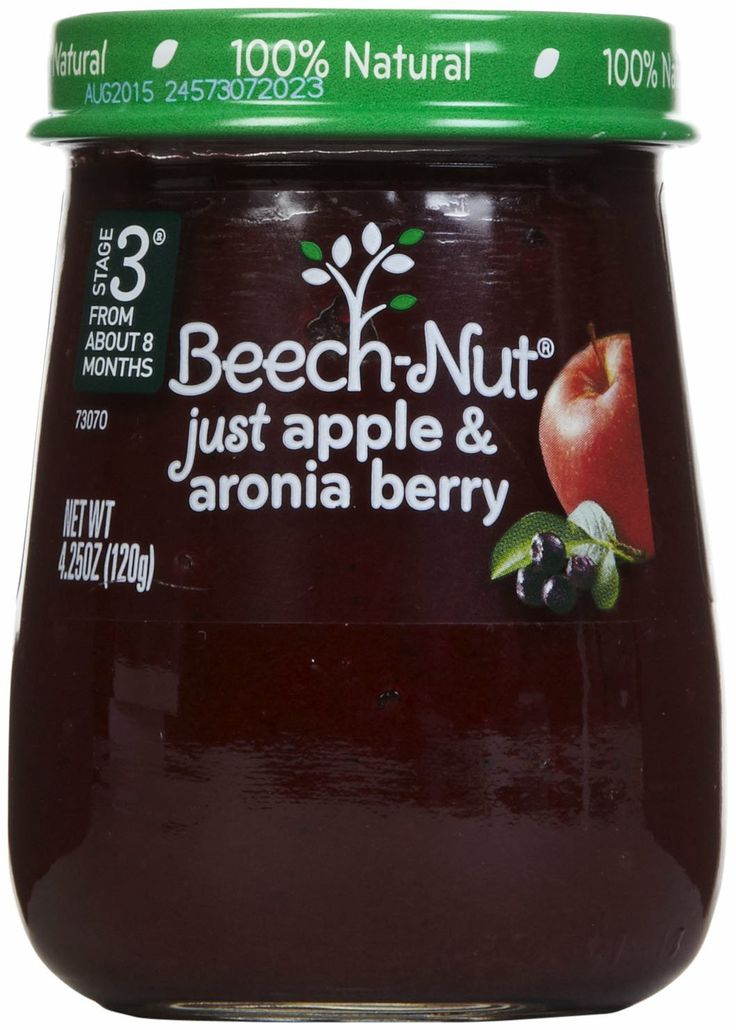 (3)
(3)
Beech-Nut In Subcommittee Congressional Report On Toxic Baby Foods
Is Beech-Nut Baby Food Safe?
According to the first Congressional Report, Beech-Nut declared that all its raw materials passed internal standards. But the company set very high internal maximum levels, so the ingredients actually failed government regulations. (3)
Inorganic Arsenic:
- 300+ ppb in additives (used in different products)
- 913.4 ppb in raw materials
Mercury:
- The company doesn’t test products or ingredients for mercury.
Lead:
- Up to 886.9 ppb (raw materials)
Cadmium:
- Up to 344.55 ppb (raw materials)
Second Congressional Report
In September 2021, the Subcommittee submitted a follow-up report. It announced that the state of Alaska independently tested Beech-Nut baby food products and still found dangerously high levels of inorganic arsenic.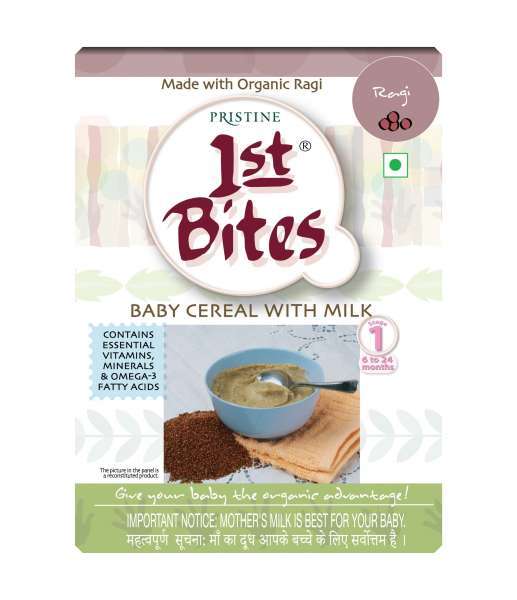 (4)
(4)
Despite Alaska’s test results, the second Congressional baby food report revealed that Beech-Nut failed to notify the public or pull all those affected products from the market. (4)
Beech-Nut Rice Cereal (product codes 103470XXXX and 093470XXXX; expiration date of May 1, 2022) were recalled on June 8, 2021. (8)
But to date, no further Beech-Nut recalls have been announced, despite at least four other products also having high levels of arsenic. (4)
Does Beech-Nut Have Heavy Metals?
The FDA sets the maximum limits in ppb (parts per billion) for infant rice cereal to 100 ppb inorganic arsenic, but the Beech-Nut rice cereals have more than this limit.
Three samples associated with the two recalled products tested by Alaska had the following inorganic arsenic levels: (4)
- Product code 103470XXXX: 125 ppb
- Product code 093470XXXX, sample 1: 122 ppb
- Product code 093470XXXX, sample 2: 116 ppb
Aside from these samples from recalled products, Alaska reported four Beech-Nut rice cereal product codes that also tested over the FDA’s arsenic limits: (4)
- 013470XXXX
- 013351XXXX
- 243470XXXX
- 113470XXXX
Notably, there were two different samples for 243470XXXX from the same lot. Both showed high levels of inorganic arsenic. The Congressional Report stated that these results are proof that Beech-Nut should have issued a recall on this product code, too. (4)
Both showed high levels of inorganic arsenic. The Congressional Report stated that these results are proof that Beech-Nut should have issued a recall on this product code, too. (4)
Other Companies In Congressional Report On Toxic Baby Foods
The following companies were also listed on the Congressional reports: (3)(4)
Gerber Products Company
The company submitted test results for raw materials only, acknowledging that it doesn’t test finished products for heavy metal content. (3)
Mercury:
- No test for mercury.
Inorganic Arsenic:
- Up to 90 ppb (rice flour)
Lead:
- Up to 48 ppb (sweet potatoes)
Cadmium:
- Over 5 ppb in 75% of raw ingredients (carrots)
- Up to 87 ppb (some carrot batches)
- No test for cadmium in other raw materials or ingredients.
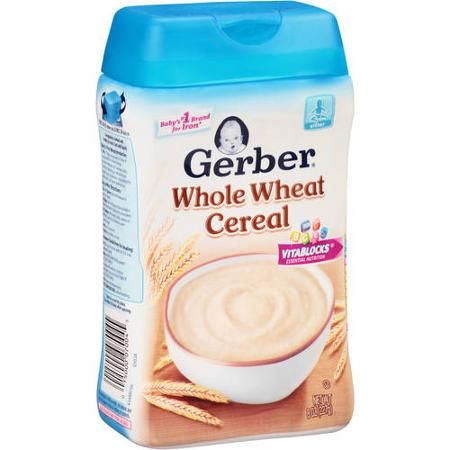
Nurture, Inc. (HappyBABY And Happy Family Organics)
Nurture regularly tests both ingredients and finished products for heavy metals, unlike the other baby food manufacturers in the Congressional Report.
But despite knowing that their finished products had high levels of heavy metals, Nurture continued to release them without any corrections. The company admitted that the heavy metal test results aren’t the basis for product release. (3)
Inorganic Arsenic:
- Up to 100 ppb (over 25% of Nurture finished baby products)
- Up to 160 (Strawberry & Beet Puffs)
- Up to 160 (Banana & Pumpkin Puffs)
- Up to 180 ppb (Apple & Broccoli Puffs)
Mercury:
- Up to 9.8 ppb (Banana Sweet Potato)
- Up to 10 ppb (Brown Rice Cereal Canister)
Lead:
- Up to 10 ppb (Nurture vegetables and rice products)
- Up to 560 ppb (Multi-Grain Cereal Canister)
- Up to 641 ppb (Blueberry Purple Carrot)
Cadmium:
- Up to 5 ppb (65% of Nurture products)
- Up to 36 ppb (Strawberry Raspberry)
- Up to 49 ppb (Multi-Grain Cereal Canister)
Hain Celestial Group, Inc.
 (Earth’s Best Organic)
(Earth’s Best Organic)Hain admitted that it doesn’t test for actual heavy metal content but only makes “theoretical calculations” from ingredient results. (3)
Inorganic Arsenic:
- Up to 309 ppb (ingredients)
- Up to 129 ppb (finished products)
Mercury:
- No test for mercury.
Lead:
- Up to 352 ppb (raw materials)
Cadmium:
- Up to 260 ppb (ingredients)
Campbell Soup Company (Plum Organics)
The company refused to provide the Subcommittee with their actual test results or internal standards, insisting that their finished products “meet criteria.” (3)
But data from Healthy Babies Bright Futures showed the following results for Just Sweet Potato Organic Baby Food: (5)
Mercury:
- Less than 0.
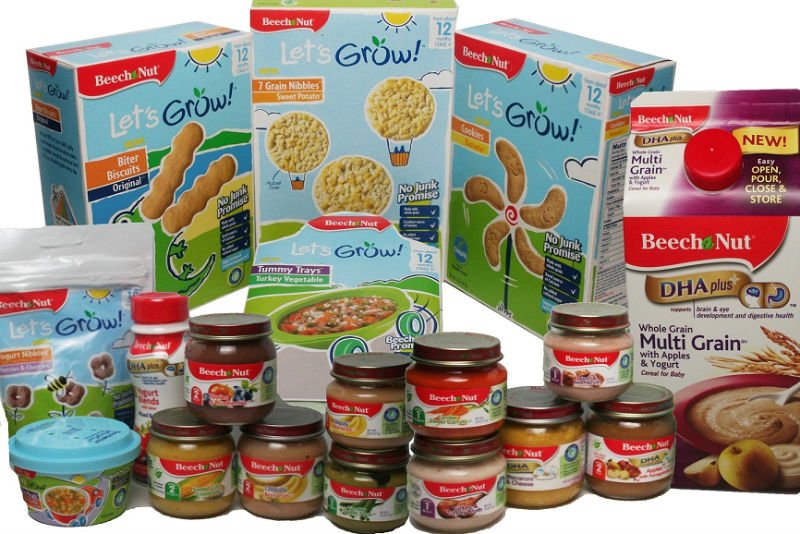 142 ppb
142 ppb
Inorganic Arsenic:
- Up to 3.1 ppb
Lead:
- Up to 5.6 ppb
Cadmium:
- Up to 2.3 ppb
Walmart Inc. (Parent’s Choice)
Walmart also refused to submit results or internal standards to the Subcommittee. These are data from the Healthy Babies Bright Futures report: (5)
Inorganic Arsenic:
- Up to 108 ppb (Organic Strawberry Rice Rusks)
- Up to 56.1 ppb (Little Hearts Strawberry Yogurt Cereal Snack)
Mercury:
- Up to 2.05 ppb (Organic Strawberry Rice Rusks)
- Up to 0.941 ppb (Little Hearts Strawberry Yogurt Cereal Snack)
Lead:
- Up to 26.9 ppb (Organic Strawberry Rice Rusks)
- Up to 5.
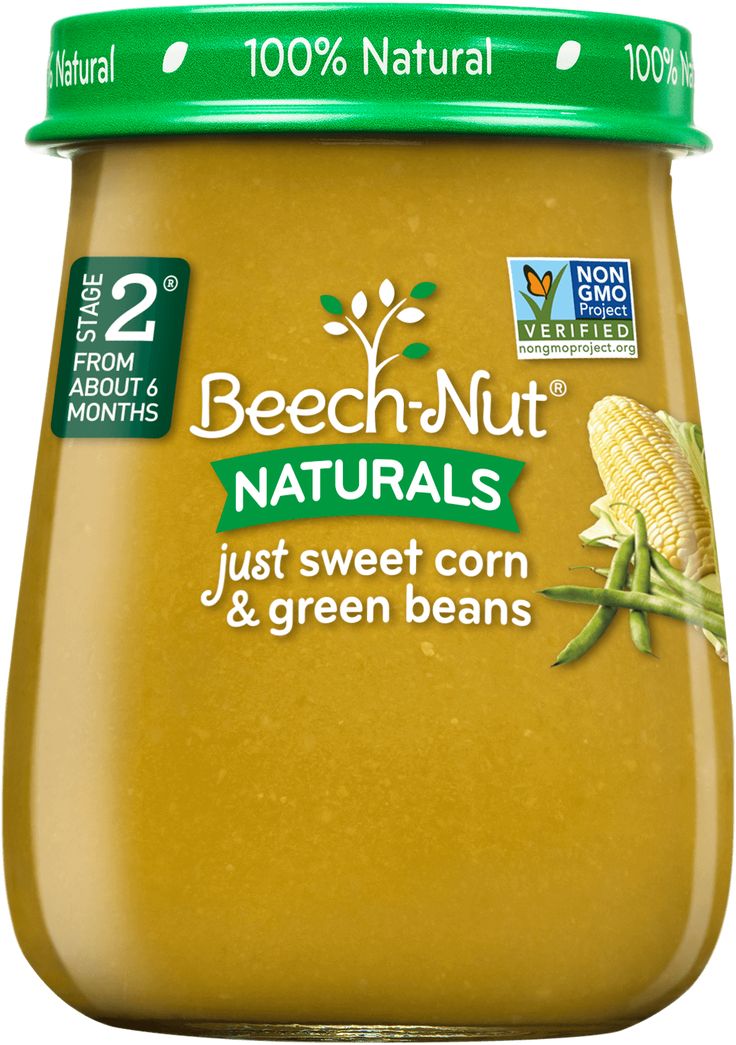 2 ppb (Little Hearts Strawberry Yogurt Cereal Snack)
2 ppb (Little Hearts Strawberry Yogurt Cereal Snack)
Cadmium:
- Up to 26.1 ppb (Little Hearts Strawberry Yogurt Cereal Snack)
- Up to 2.4 ppb (Organic Strawberry Rice Rusks)
Sprout Foods, Inc. (Sprout Organic Foods)
The company never responded to the Congressional Subcommittee. So, these results for Organic Quinoa Puffs Baby Cereal Snack – Apple Kale also come from the Healthy Babies Bright Futures report: (5)
Inorganic Arsenic:
- Up to 107 ppb
Mercury:
- Up to 1.31 ppb
Lead:
- Up to 39.3 ppb
Cadmium:
- Up to 41.5 ppb
Reducing Heavy Metals in Baby Food Products
Heavy metals could greatly affect the body and brain development of young children.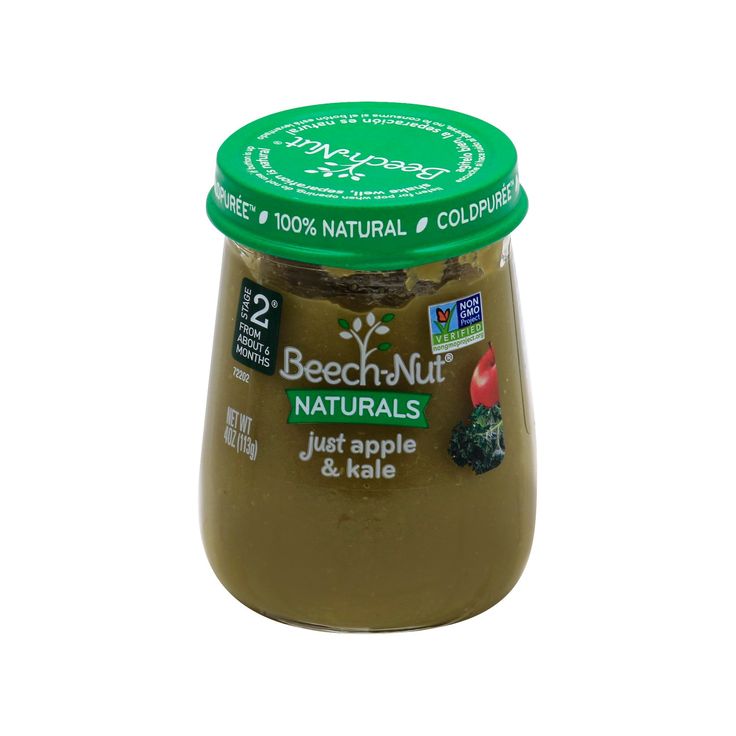 So, Consumer Reports, the US PIRG (Public Interest Research Group), and other concerned groups call for the approval of the Baby Food Safety Act of 2021. (6)
So, Consumer Reports, the US PIRG (Public Interest Research Group), and other concerned groups call for the approval of the Baby Food Safety Act of 2021. (6)
It will require baby food manufacturers to test and disclose their results to parents and regulators. It will also direct the FDA to create and implement stricter heavy metal limits for baby foods. (6)
In response to public outcry, the FDA announced its action plan called “Closer to Zero.” It aims to reduce toxic elements from foods of babies and young children by lowering the allowable limits. (7)
If implemented, this could lower the limit to 15 ppb for infant cereal and 10 ppb in other baby foods, as proposed by the Baby Food Safety Act. (4)
If that happens, then Beech-Nut will need to pull more products off the shelves. Because even the rice cereal samples (product code 193470XXXX; arsenic level 52.2 ppb) with the lowest inorganic arsenic content have at least three times the allowable limit. (4)
What Are The Healthiest Baby Food Brands?
The following may be healthier alternatives to the unsafe products in the report:
- Serenity Kids
- Yumi (subscription-based)
- Little Spoon (subscription-based)
- Once Upon A Farm
Preparing Healthier Alternatives At Home
You can also prepare fresh, organic baby foods at home using appliances you already have in your kitchen.![]() Products like a Baby Brezza Small Baby Food Maker Set – Cooker and Blender can also help.
Products like a Baby Brezza Small Baby Food Maker Set – Cooker and Blender can also help.
But a blender or simple food processor will also do the trick. No need to buy any new gadgets.
You can prepare healthy, fresh baby food at home using:
- Whole or puréed vegetables and fruits
- Raw yogurt or coconut yogurt
- Quality meats, poultry, or fish
- Bone broth
- Healthy fats such as ghee, olive oil, or coconut oil
- Quinoa
- Eggs
- Oats
Although sweet potatoes and carrots can also have high lead and cadmium levels, they are also important sources of vitamin A and other nutrients. Include these in your child’s diet in moderate amounts. (5)
It’s also best to avoid using rice and rice flour because they might have high cadmium, lead, and arsenic levels. (5)
Was There A Recall On Baby Food In 2021?
Despite the Subcommittee report showing that several products had high levels of heavy metals, Beech-Nut only issued this cereal recall:
Beech-Nut Single Grain Rice Cereal
- Date Recalled: June 8, 2021
- Company Name: Beech-Nut
- Reasons For Recall: High arsenic levels
- Affected Products: UPC Code# 52200034705; Product codes 103470XXXX and 093470XXXX; Expiration date of 01MAY2022 (8)
- Return or Refund Processing: www.
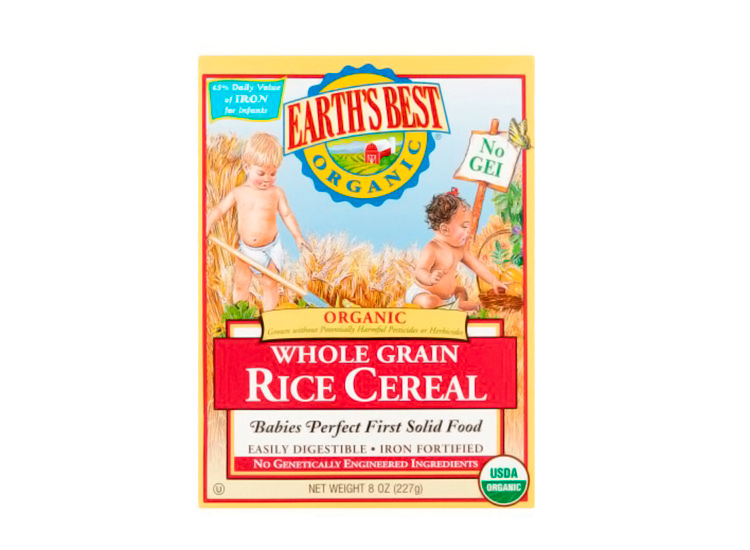 beechnut.com/ricecereal or 1-866-272-9417
beechnut.com/ricecereal or 1-866-272-9417
Statement from Jason Jacobs, Beech-Nut‘s vice president for food safety and quality: (9)
“The safety of infants and children is Beech-Nut’s top priority. We are issuing this voluntary recall because we learned through routine sampling by the State of Alaska that a limited quantity of Beech-Nut Single Grain Rice Cereal products had levels of naturally-occurring inorganic arsenic above the FDA guidance level, even though the rice flour used to produce these products tested below the FDA guidance level for inorganic arsenic.”
Baby Food Recall (News & Updates)
FDA Proposes New Food Safety Unit
Update: February 2, 2023
The FDA announces the plan to create the Human Foods Program, which is a new food safety unit that will focus on nutrition and ensuring the safety of the US food supply.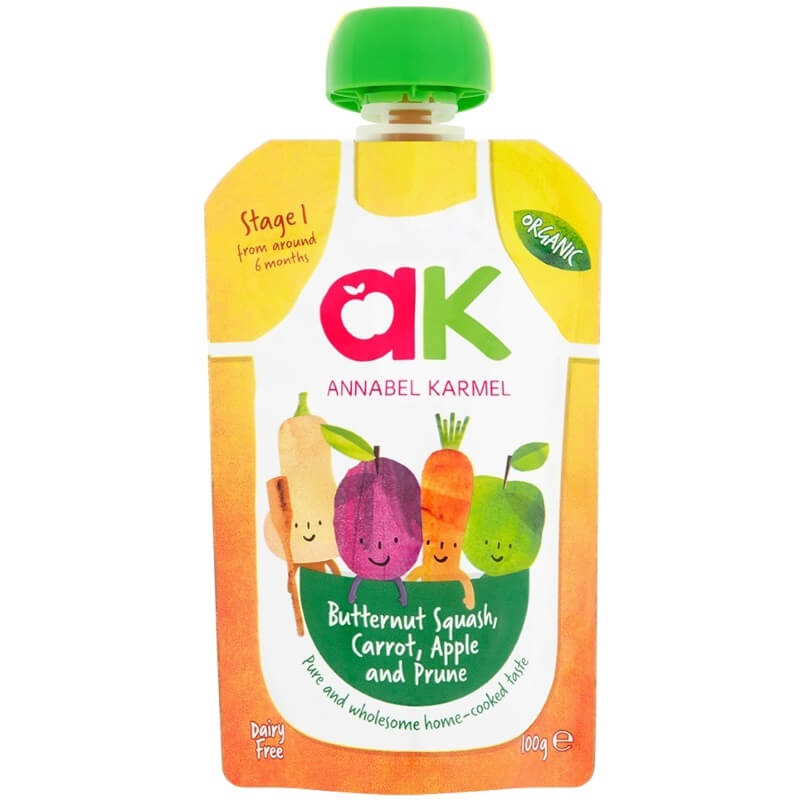 (10)
(10)
The deputy commissioner for this new unit will have clear decision-making authority and will be tasked to improve US nutrition to address chronic diseases potentially caused by poor nutrition, explains FDA Commissioner Dr. Robert Califf. (10)
FDA Proposes New Limits On Lead In Baby Foods
The FDA also proposes lead level limits for baby food: (11)(12)
- Lower than 10 ppb (parts per billion) in most vegetables and fruits, yogurts, custards and puddings, meat, and mixed meals (e.g., grain and meat-based mixtures)
- Maximum of 20 ppb in dry baby cereals and root crops (e.g., beets, sweet potatoes, and carrots) that grow underground and can absorb more lead from the soil
The FDA estimates that these new limits can reduce young kids’ dietary lead exposure by 24-27%.
However, baby food safety advocates (e.g., Consumer Reports and Healthy Babies Bright Futures) push for lower lead limits and for the FDA to include limits on the other heavy metals also found in baby food, including mercury and cadmium.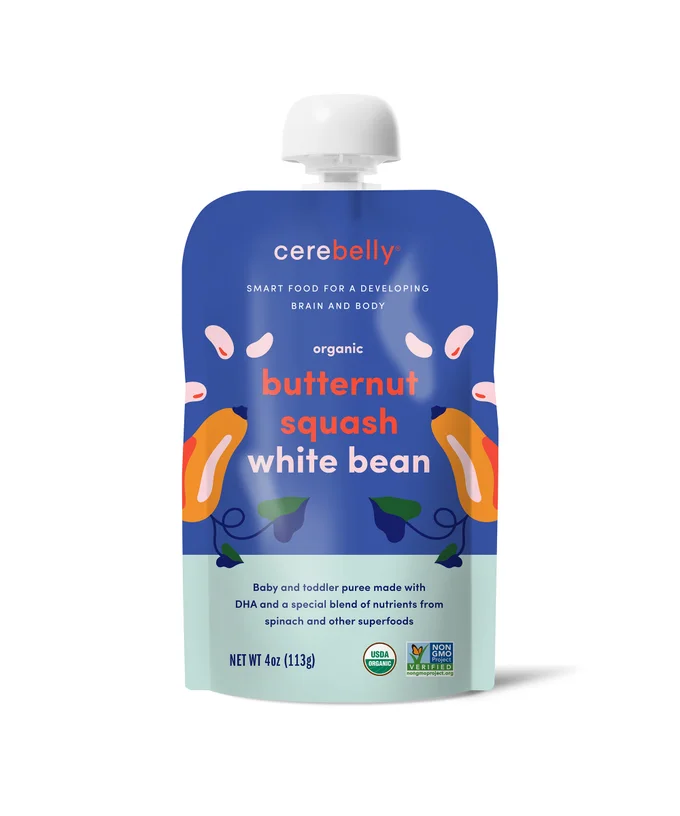 (11)(12)
(11)(12)
References
(1) https://pubmed.ncbi.nlm.nih.gov/23570911/
(2) https://www.ncbi.nlm.nih.gov/pmc/articles/PMC4418502/
(3) https://oversightdemocrats.house.gov/sites/democrats.oversight.house.gov/files/2021-02-04%20ECP%20Baby%20Food%20Staff%20Report.pdf
(4) https://oversightdemocrats.house.gov/sites/democrats.oversight.house.gov/files/ECP%20Second%20Baby%20Food%20Report%209.29.21%20FINAL.pdf
(5) http://www.healthybabyfood.org/sites/healthybabyfoods.org/files/2019-10/BabyFoodReport_FULLREPORT_ENGLISH_R5b.pdf
(6) https://www.usatoday.com/story/money/shopping/2021/06/09/beech-nut–baby-food-recall-2021-rice-cereal-arsenic/7621243002/
(7) https://www.fda.gov/food/cfsan-constituent-updates/fda-shares-action-plan-reducing-exposure-toxic-elements-foods-babies-and-young-children
(8) https://www.fda.gov/safety/recalls-market-withdrawals-safety-alerts/beech-nut-nutrition-company-issues-voluntary-recall-one-lot-beech-nut-single-grain-rice-cereal-and
(9) https://www.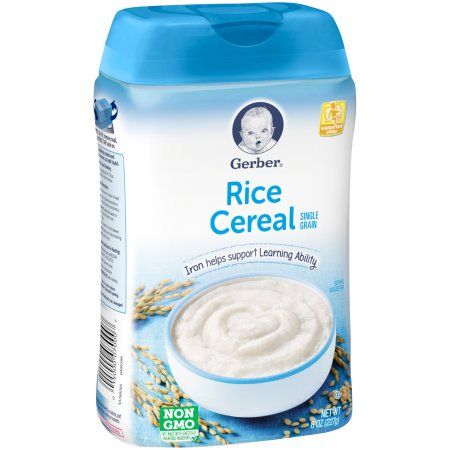 goodmorningamerica.com/wellness/story/beech-nut-stop-selling-specific-baby-rice-cereal-78196121
goodmorningamerica.com/wellness/story/beech-nut-stop-selling-specific-baby-rice-cereal-78196121
(10) https://www.usnews.com/news/health-news/articles/2023-01-31/after-baby-formula-scandal-fda-announces-new-unit-focused-on-food-safety
(11) https://www.nytimes.com/2023/01/24/health/fda-lead-baby-food.html
(12) https://www.consumerreports.org/babies-kids/baby-food/fda-proposes-new-limits-for-lead-in-baby-foods-a2167994237/
Jars, Pouches, Organic, and More
We include products we think are useful for our readers. If you buy through links on this page, we may earn a small commission Here’s our process.
Healthline only shows you brands and products that we stand behind.
Our team thoroughly researches and evaluates the recommendations we make on our site. To establish that the product manufacturers addressed safety and efficacy standards, we:
- Evaluate ingredients and composition: Do they have the potential to cause harm?
- Fact-check all health claims: Do they align with the current body of scientific evidence?
- Assess the brand: Does it operate with integrity and adhere to industry best practices?
We do the research so you can find trusted products for your health and wellness.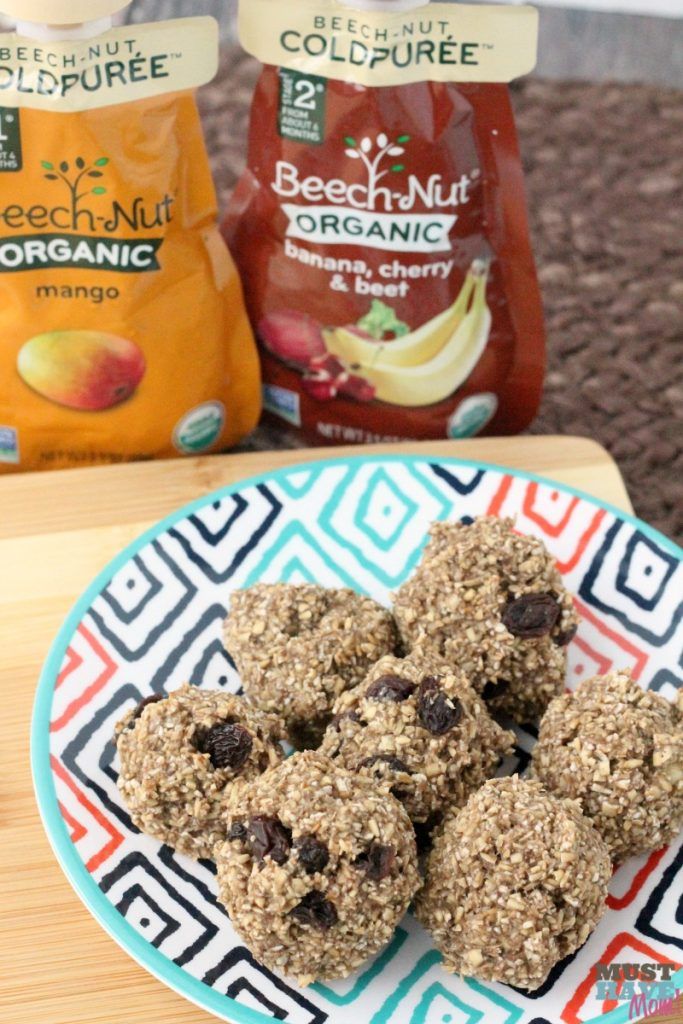
After months of breastfeeding or bottle-feeding, it can be surprising to realize that your still-tiny baby is actually ready for “real” food. This exciting (albeit messy!) transition may be a little bittersweet and can feel overwhelming, especially considering the numerous baby food options available in 2022.
We’ve rounded up some of this year’s best baby foods to help you get started on the right foot — er, spoon.
Both the World Health Organization and the American Academy of Pediatrics (AAP) recommend exclusively breastfeeding babies for the first 6 months of life. Formula-fed infants are ready to start solid foods when they start showing signs that they’re ready.
In some cases, you may start solids around 4 or 5 months, but it’s best to discuss this with your pediatrician. If your doctor doesn’t have a different recommendation, most babies are ready to start soft or pureed foods by the time they’re about 6 months old.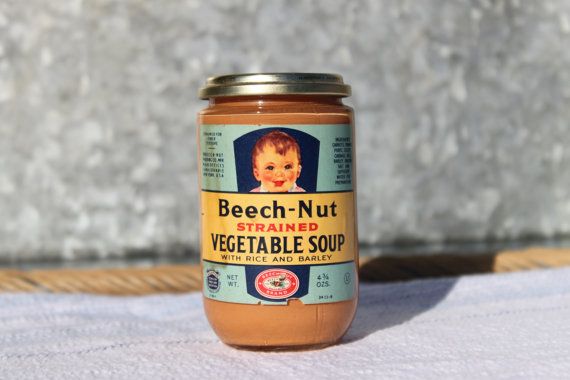
If you’re picking commercially prepared baby food (versus making your own), it’s wise to start with simple, one-ingredient baby food. Most commercial baby food is labeled stage 1, 2, or 3 based on the texture and number of ingredients.
For instance, stage 1 baby food has the smoothest texture and typically has one ingredient, such as pureed pears. So, for your 4- to 6-month-old, you’ll want to start with stage 1 baby food.
Starting with one food at a time helps you monitor for any adverse reactions or food allergies. The American Academy of Allergy, Asthma & Immunology recommends monitoring each food for 3 to 5 days.
There isn’t really a perfect first food — the choice is yours! Some good foods to start: infant cereal (preferably oat or whole grain), meat purees such as chicken or turkey, or single-ingredient purees of fruits or veggies.
If you’re debating whether to start with fruits or veggies first, the AAP suggests that an infant’s preferences for sweets won’t budge even if veggies are introduced first. Mashed peas just don’t taste as good once you’ve had applesauce.
Mashed peas just don’t taste as good once you’ve had applesauce.
We chatted with pediatricians, read the research, polled real-life parents, read reviews, and used our own babies as taste testers (although we can’t say their opinions on nutritional value are very authoritative) to bring you some of the top baby food brands available. In addition:
- We looked for foods that are certified USDA organic and have non-GMO verified ingredients.
- We focused on baby food that’s free of added sugar (but have called out one or two products that contain it).
- The baby foods on our list are free of harmful preservatives.
- We called out the brands that market their products as gluten-free and allergen-free.
All products are also vetted by our medical standards team, which evaluates brand integrity and product safety.
Reducing Exposure to Toxic Elements in Baby Foods
Three brands in this article — Gerber, Beech-Nut, and Happy Baby — were mentioned in a February 2021 Congressional Report for products containing significantly high levels of toxic heavy metals, including arsenic, lead, cadmium, and mercury. The FDA has since launched the Closer to Zero: Action Plan for Baby Foods to address exposure to toxic elements from eating baby foods.
The FDA has since launched the Closer to Zero: Action Plan for Baby Foods to address exposure to toxic elements from eating baby foods.
- Best overall baby food: Beech-Nut Naturals Stage 1
- Best organic baby food pouches: Plum Organics Stage 1
- Best budget-friendly baby food: Gerber Organic 1st Foods
- Best baby food for constipation: Gerber Natural 1st Foods (Pear)
- Best organic jarred baby food: Happy Baby Organics Clearly Crafted Stage 1
- Best personalized subscription service: Cerebelly
- Best fresh baby food: Once Upon a Farm Cold-Pressed Organic Baby Food
- Best first baby cereal: Gerber Organic 1st Foods Single Grain Cereal
- Best, most interesting baby food blends: Little Spoon Complex Solids
- Best all-around clean baby food: Baby Gourmet
Best overall baby food
Beech-Nut Naturals Stage 1
This affordable baby food is an all-around fan favorite.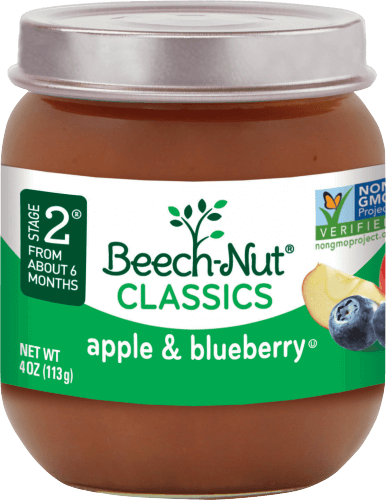 Beech-Nut baby foods come in recyclable glass jars and are available in both natural and organic varieties. Blends are available in every stage, from single-ingredient foods for brand-new eaters (like butternut squash and plum) to multi-food blends with chunkier textures for older babies.
Beech-Nut baby foods come in recyclable glass jars and are available in both natural and organic varieties. Blends are available in every stage, from single-ingredient foods for brand-new eaters (like butternut squash and plum) to multi-food blends with chunkier textures for older babies.
The ingredients in Beech-Nut baby foods are simple, with no artificial additives. Plus, these little glass jars are available at most grocery stores, so they’re easy to find. However, while it’s great for recycling purposes, glass can be dangerous — always supervise your little one around glass.
Beech-Nut Naturals are free of genetically modified organisms (GMOs) but not certified organic (unless you shop their organics line). They contain no added sugar.
Shop now at Walmart
Best organic baby food pouches
Plum Organics Stage 1
If sustainability, organic foods, and non-GMO ingredients are important to you, Plum Organics has a great line of baby food options to try.
Their BPA-free pouches are super convenient and available in a variety of fruits, veggies, and grains for each stage of eating. These foods have no added salts or sugars, so they’re nutritious and simple for baby’s maturing digestive system. They’re also widely available and can be purchased in bulk for greater savings.
And while feeding experts definitely discourage using pouches exclusively, there’s no denying that pouches are very convenient for occasional on-the-go feedings. To make sure your baby is still progressing in their journey through solid foods, try squeezing the pouch contents into a spoon. And be sure to watch out for the small plastic caps, as they’re a choking hazard.
Plum Organics is certified organic and non-GMO, and their baby food doesn’t contain added sugar.
Shop now at Amazon
Best budget-friendly baby food
Gerber Organic 1st Foods
Gerber is the classic baby food brand, and they’ve made changes over the last few years to make their food more health-conscious (e.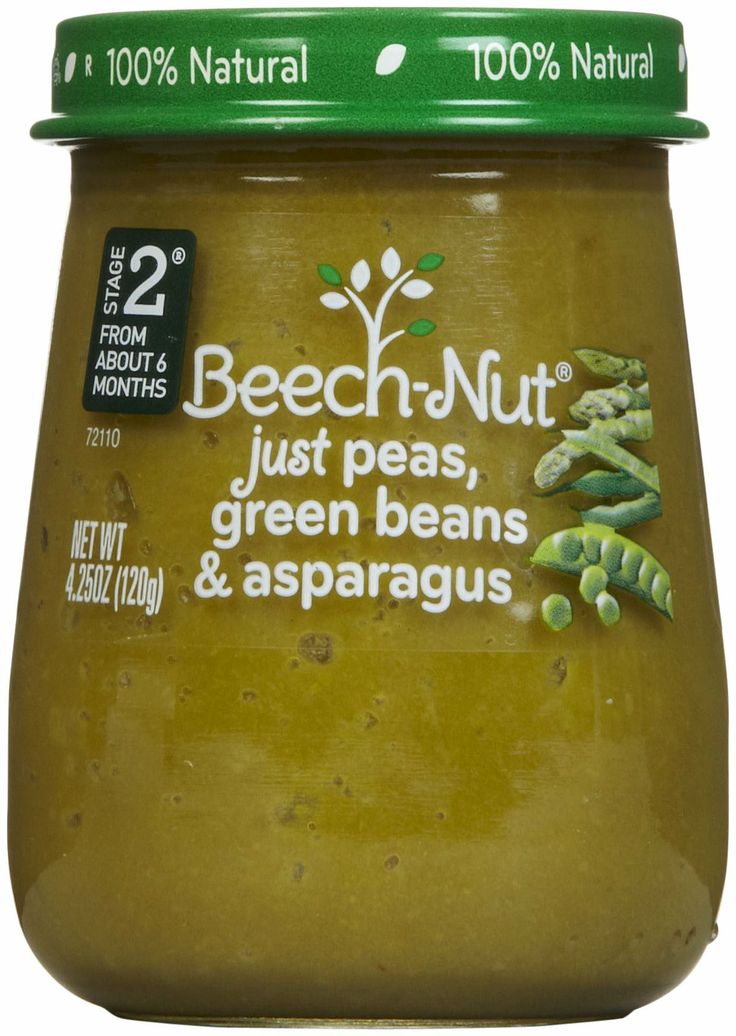 g., starting an organic line). Yet they have maintained their status as one of the most affordable prepared baby food brands on the market.
g., starting an organic line). Yet they have maintained their status as one of the most affordable prepared baby food brands on the market.
They offer benefits like glass jars, organic ingredients, and a wide variety of food choices at a lower cost than some other brands on our list.
Gerber Organic is USDA organic, non-GMO, and free of added sugar.
Shop now at Walmart
Best baby food for constipation
Gerber Natural 1st Foods (Pear)
Sometimes babies get a little constipated when they’re beginning their solid food journey, especially if they’re eating a lot of dairy or iron-fortified cereal. In addition to continuing breast milk, some foods may help relieve your little one’s digestive discomfort, including all the “P” fruits.
So prunes, pears, plums, and peaches are some options to help keep tiny bowels on the move. You can find great fruit purees in any brand on our list, but one of the more cost-effective is the Gerber brand. The good news is that many babies love fruit, so it shouldn’t be too hard to get your little one to down some prunes or pears.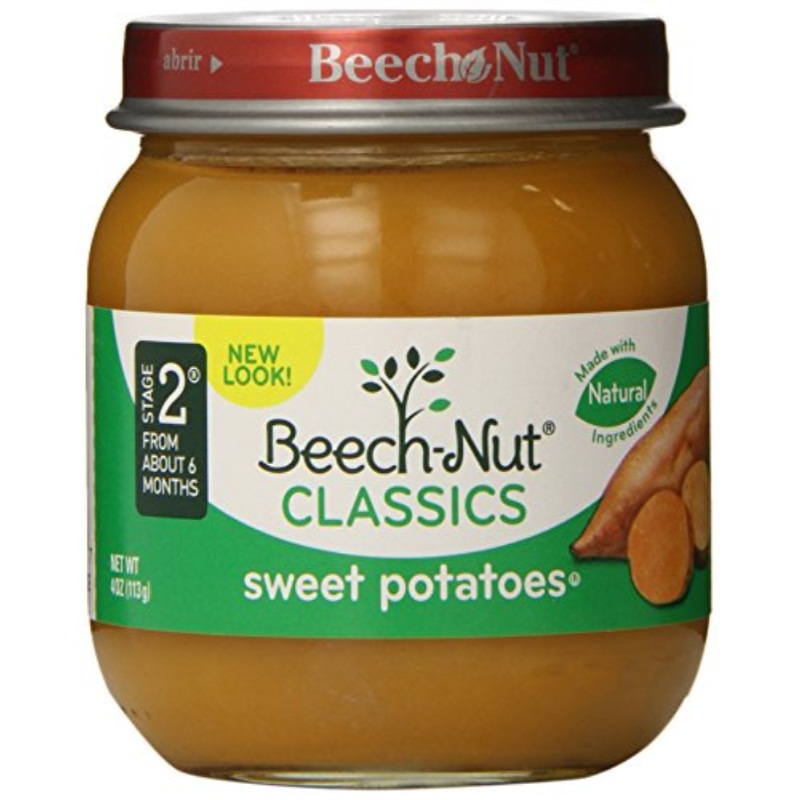
This product is made with non-GMO ingredients and pears grown with Clean Field Farming practices. It doesn’t contain added sugars.
Shop now at Walmart
Best organic jarred baby food
Happy Baby Organics Clearly Crafted Stage 1
Another great organic baby food option, the Happy Baby company offers their organic baby food jars at most stores — although not quite as widely as Beech-Nut and Plum Organics.
Happy Baby jars offer a wide variety of foods, from kale and mango to spinach and peaches and chia seeds. You can start with their single-ingredient jars (this is important for ruling out allergies, as well as to help baby learn to like spinach even when it’s not disguised by pears). Then, you can move on to their fruit and veggie blends as your little one grows.
High quality ingredients, creative flavors, and no artificial ingredients all make Happy Baby a solid (no pun intended) choice.
Happy Baby is USDA organic and doesn’t contain added sugars.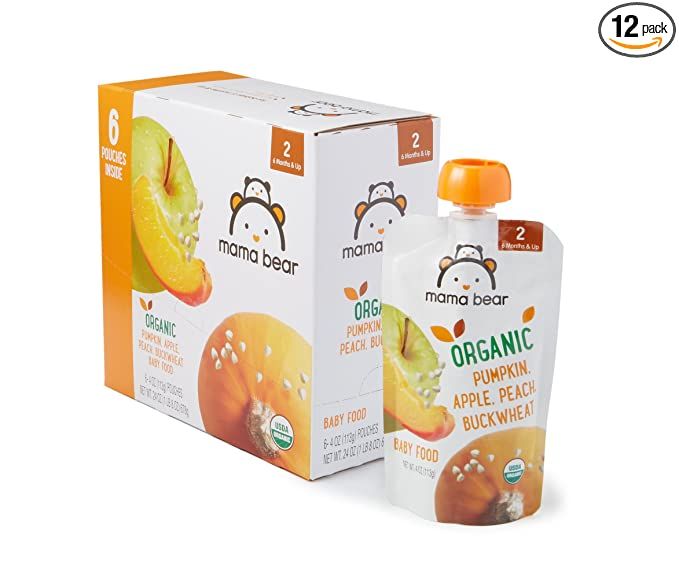
Shop now at Walmart
Best personalized subscription service
Cerebelly
Cerebelly allows you to personalize your subscription of baby food pouches based on your child’s age, leaning on science to determine what foods will benefit them at their stage of development.
You’ll take a quiz that asks about the current development and language cues your baby is showing (responding to their name, grasping toys, using noises to show emotion, etc.). It also asks about motor, social, and visual skills.
The results will clue you in on key nutrients that may benefit your little one and customize your baby food pouches based on this.
To boot, the brand has earned the Clean Label Project Purity Award (which evaluates products for toxins and contaminants), is certified USDA organic, and contains no added sugars.
Shop now at Cerebelly
Best fresh baby food
Once Upon a Farm Cold-Pressed Organic Baby Food
These organic, cold-pressed baby food pouches and cups are found in the refrigerated section at your grocery store (and yes, they have to be refrigerated at home).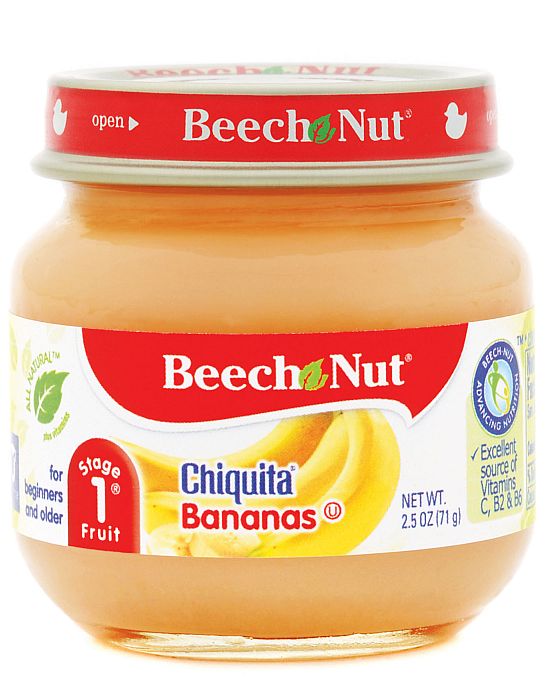 The company also has a subscription delivery option to make baby food even more convenient for your busy schedule.
The company also has a subscription delivery option to make baby food even more convenient for your busy schedule.
Creative names like Wild Rumpus Avocado and Magic Velvet Mango will have you smiling, and the variety of flavors will (hopefully!) appeal to your little one. Once Upon a Farm offers a variety of food stages, so you can start with their purees and move on up to their finger and toddler foods as your baby grows.
Once Upon a Farm is certified organic and non-GMO. Their products contain no added sugars and are Clean Label Project certified.
Shop now at Target
Best first baby cereal
Gerber Organic 1st Foods Single Grain Cereal
This simple cereal is a great first food for baby. You can mix this one-ingredient whole grain cereal with breast milk, formula, or water to provide your little one with some crucial nutrients (such as iron) and experience with spoons and textures.
The AAP recommends oatmeal or multigrain cereals over rice cereals, as they have a lower risk of exposure to chemicals such as arsenic (which is sometimes a concern with rice products).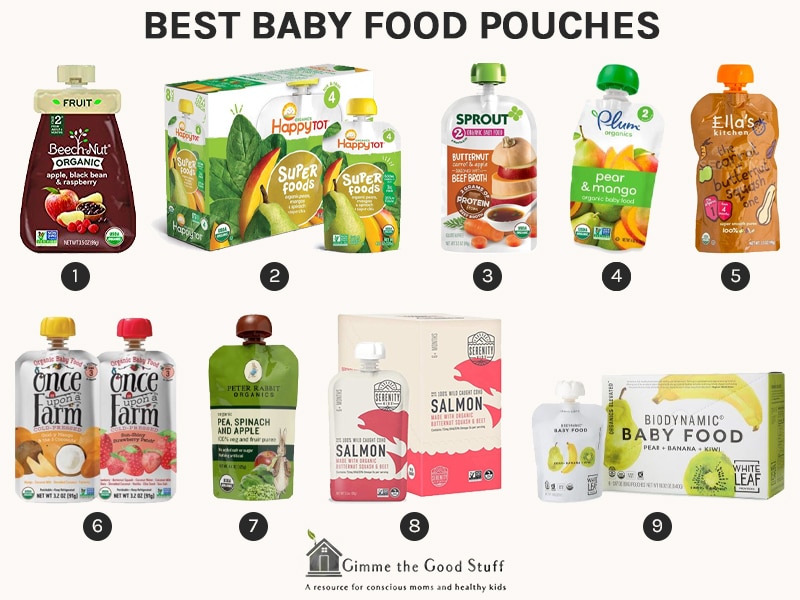
As your baby gets used to other foods, you can also mix this cereal with fruit or yogurt to provide a heartier meal.
Gerber Organic is certified USDA organic and non-GMO, but this product does contain some added sugars.
Shop now at Walmart
Best, most interesting baby food blends
Little Spoon Complex Solids
Once your baby is ready for more advanced blends, Little Spoon has a unique line of complex blends that contain multiple purees as well as other seeds and grains for texture.
For example, one blend contains quinoa, butternut squash, and apple. Another contains kale, white bean, pear, basil, quinoa, and avocado oil.
Little Spoon purees use certified organic and non-GMO ingredients. They’re free of added sugar.
Shop now at Little Spoon
Best all-around clean baby food
Baby Gourmet
Baby Gourmet is another Clean Label Project Purity Award winner, which means they go above and beyond to ensure their baby food is free of harmful toxins that naturally occur in the environment.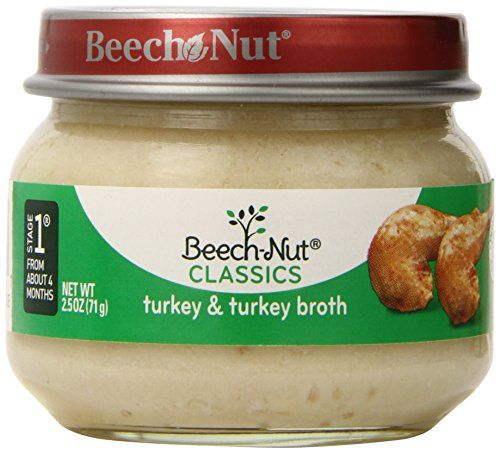
This Canadian company is also set to donate 1 million meals to vulnerable populations by 2025. It’s founded and run by moms, which can be reassuring.
Baby Gourmet is certified organic and non-GMO by both U.S. and Canadian standards. All packaging is BPA-free. Products contain no added sugar.
Shop now at Baby Gourmet
As a general guideline, it’s a good idea to start with iron-fortified baby cereals or pureed meats if your infant is breastfed. Breastfed babies are more likely to need extra iron than formula-fed babies.
It’s also advisable to start with simple, single-ingredient purees of meat, vegetables, and fruits.
Choosing brands that are certified organic, use BPA-free materials, and are conscious of using whole food ingredients (e.g., they don’t add “extras” like salt, sugar, or corn syrup) helps ensure a healthy start for your little one.
According to the AAP, you shouldn’t give babies under age 1 cow’s milk, honey, unpasteurized dairy, or undercooked meat, as these can be an infection risk for a baby’s developing immune system.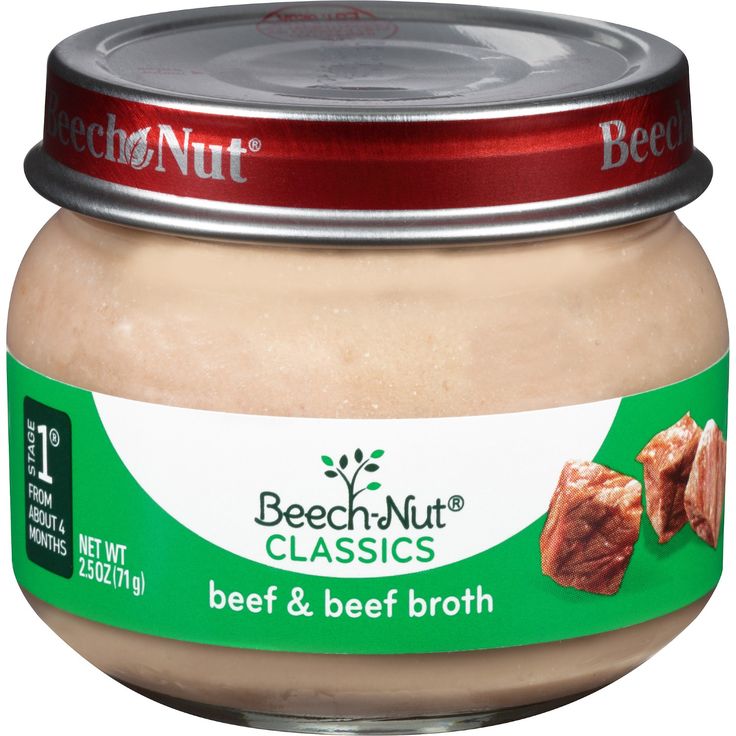
You’ll also want to avoid foods that are hard or sharp or present a choking risk (for instance, chips, nuts, popcorn, raisins, raw apples, raw carrots, whole grapes, hot dogs). For a more comprehensive guide to which foods to give and what to avoid, check out our article on infant nutrition and starting solids.
While experts used to advise waiting to introduce highly allergenic foods (such as dairy, wheat, nuts, and eggs) until after the first year, the experts now say that delayed introduction of these foods may increase a child’s risk of food allergies. So, with the guidance of your pediatrician, go ahead and introduce those foods within the first year.
Seek immediate emergency medical attention if you notice swelling of the tongue and mouth, wheezing, or trouble breathing after your child eats certain foods
Some babies are raring to go when it comes to trying food, while others may take a little more convincing. Either way, definitely get your camera on video mode, as there are bound to be some hilarious faces and some impressive food spillage along the way.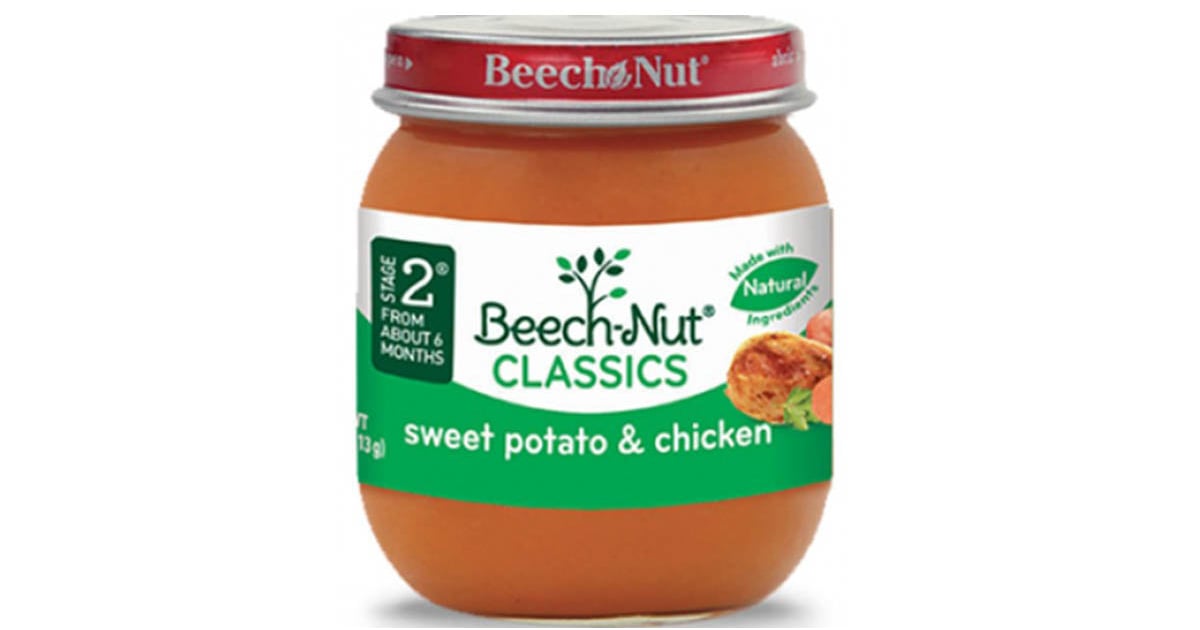
Here are some pro tips to help make the process as smooth as possible:
- Wait until your baby shows signs of readiness for solid food.
- Keep trying. It can take 5 to 10 exposures for a baby to accept a new food.
- Make it fun and silly.
- Cook and eat as a family as much as possible.
- Let your baby play with the spoon and even the food! While incredibly messy, this helps them get comfortable with the textures, smells, and tastes of new foods.
- Talk with your pediatrician if you have any questions or concerns. They’re a great resource and want to help you grow a happy, healthy baby.
What’s the best baby food for growth and weight gain?
If your baby is under 6 months and breastfeeding, it’s recommended that you stick to that exclusively for 6 months. When you’re ready to introduce solids after 6 months, it should be in addition to breastfeeding and formula, not as a replacement.
If your baby is formula-fed, they may begin eating solids sooner than 6 months. While no one specific food is recommended, a variety of foods and colors is best, including meats, vegetables, and fruits. One of the key foods that can help with growth and weight gain is avocados (high in healthy fats and fiber but low in sugar).
While no one specific food is recommended, a variety of foods and colors is best, including meats, vegetables, and fruits. One of the key foods that can help with growth and weight gain is avocados (high in healthy fats and fiber but low in sugar).
Always discuss your baby’s dietary changes with your pediatrician and attend regular checkups to monitor growth.
What’s the easiest food for babies to digest?
Just like adults, babies do best with regular bowel movements. If they’re having a hard time with this, oatmeal is one food known to be easy to digest and promote regularity, as it contains higher amounts of dietary fiber.
It may also help to focus on quantity. Try feeding your baby smaller meals more often, rather than fewer larger meals. This may be easier on their system and allow them to digest foods more easily.
What’s the best baby food to start with?
Mashed banana and avocado are some of the most popular solids to start with. Soft, ground oatmeal is also great. When it comes to fruit and vegetable purees, focus on variety, but don’t overdo it with those that are naturally high in sugar (such as berry purees).
When it comes to fruit and vegetable purees, focus on variety, but don’t overdo it with those that are naturally high in sugar (such as berry purees).
Most importantly, at 6 months old, all foods should still be pureed and cooked. Once your baby is 9 months old and older, you can start to introduce vegetables cut into pieces. The only other no-no is honey, which they shouldn’t have until they’re over a year old.
It can feel like a lot of pressure to choose the best nutrition for your child, especially when trying to capitalize on the years before they start demanding chicken nuggets and ice cream. But there are a lot of great, healthy options available in 2022.
Whether you choose to make your own baby food, buy jars or pouches, or use a baby food subscription service, there are a number of resources to help you feed your baby.
90,000 guide to the WIC program for West Virginia in English 2020 920
Bobov and fish
Vegetables
9000 varieties.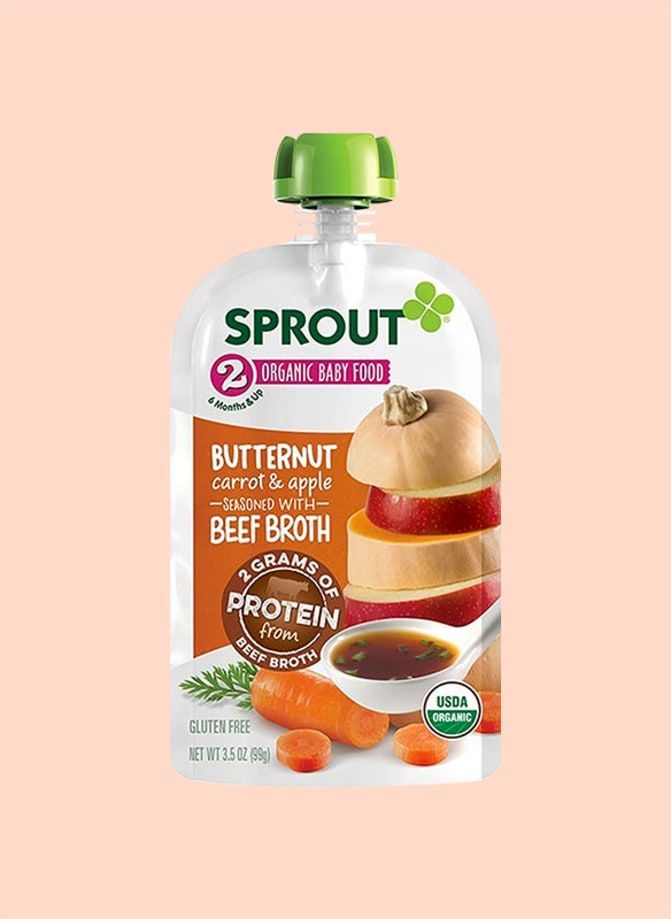
None
- Beans or canned beans with added flavors or additional flavors, sugars, fats, colors, oils or meat
- Soups or soup mixes
- Boxes of beans; bulk or bulk beans; raw or roasted nuts
- Baked beans or pork with beans
- Canned chili peppers
- Gourmet peas or beans; hummus
Varieties such as string beans, green peas, kidney beans, orange beans, wax beans, and edamame-style soybeans are sold for monetary gain only.
Peanut Butter
Not available for purchase by children under 2 years of age.
How to use:
- Any brand of commercially prepared, pre-packaged, low-sugar or low-sodium plain peanut butter, including smooth, crunchy or extra crunchy, and coarse.

- Natural & Organic Palm Oil Free Peanut Butter
- 16-18 oz pack ONLY.
None
- Whipped peanut butter; combinations, including those with the addition of jelly, honey, chocolate, marshmallows or flavorings; other nut butters (e.g. almond, soy, sesame, sunflower, cashew, hazelnut, etc.)
- Low-fat, fat-free, low-carb or peanut butter
- Roasted or honey-walnut peanut butter
- Gourmet or deli peanut butter
- Peanut butter with added nutrients such as vitamin E, DHA or ARA.
- Custom size pouches including tubes, slices or To Go containers.
- Peanut butter in bulk or freshly ground
- Peanut butter
X Peanut butter is not recommended for children under two years of age due to the risk of choking.
Bean and peanut butter conversion
ONLY FOR WOMEN WHO ARE FULLY BREASTFEEDING, PREGNANT AND LASTFEEDING OR PREGNANT WITH MULTIPLE MEN
Fish
 5oz, or 14.75oz cans
5oz, or 14.75oz cans None
- Sardines or Jack Mackerel; Albacore, yellowfin, white piece, solid white, tongol, or other specialty tuna; Blueback, chum salmon, sockeye salmon, red, royal, wild or coho salmon
- Flakes or grated; low sodium content; choose whimsical and/or solid
- organic
- Fish containing flavorings, spices or ingredients other than salt, oil or water
- Gourmet, filleted, fresh, dried, frozen or smoked fish
- Bags or foil bags
- Custom Portion Size Packets
- Fish and cracker combinations or fish pastes
HOW TO BUY 30 OZ FISH
WIC WIC AGREEMENT
What does WIC expect from me?
• Buy WIC Approved Products : I will only buy products that are on my WIC shopping list with my eWIC card. I will only use these products for the person included in the program.
• Use WIC benefits correctly: I will follow the WIC program and purchase rules when using WIC benefits.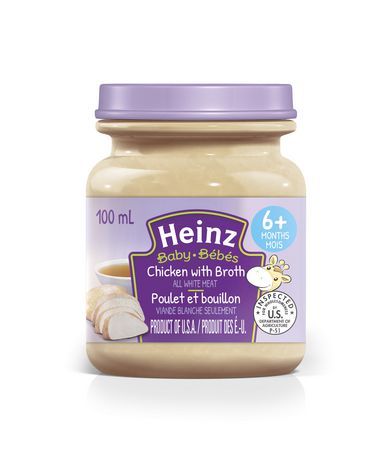 I will not sell, trade, give away or trade WIC benefits, food, or formula purchased with WIC benefits.
I will not sell, trade, give away or trade WIC benefits, food, or formula purchased with WIC benefits.
• I will keep all receipts for food or formula that are identical to WIC-issued receipts that I buy privately: These receipts will be the documentation that I can provide to the WIC program, if required, to prove that I do not sell, trade, give away, or trade food or formula provided by WIC.
• I will not exchange formula at the store. I will return any unused formula or infant formula to WIC. I will be careful with my WIC benefits. If they are lost or stolen, I will notify the local WIC clinic immediately. I understand that I will not receive replacement benefits if they are lost or stolen.
• Attend one WIC clinic at a time: I will only receive benefits at one clinic at a time. If I move out of state, I can ask for a transfer.
• Come to see WIC: I will come to see you or call ahead if I can't make an appointment.
• Common courtesy: I will treat WIC and grocery store staff with courtesy and respect. I understand that if I, my guardian, or anyone who buys benefits on my behalf verbally abuse, abuse, threaten, or physically harm a WIC employee or grocery store employees, my family may lose WIC benefits.
What can I expect from WIC?
• WIC Products: If I am eligible for WIC, I will get WIC benefits for buying healthy foods at the grocery store. I understand that WIC is an optional program and does not provide all meals or formula needed per month.
• Nutrition and breastfeeding information: WIC will give me advice on healthy eating and being active. The WIC program will give me breastfeeding support.
• Health Information: WIC will help me find a doctor and refer me to other services if necessary.
• Fair Treatment: WIC staff will treat me with courtesy and respect. I have the right to ask for a fair hearing if I disagree with a decision about my eligibility for WIC. I understand that I must ask for a fair hearing by writing or calling my local WIC clinic or public WIC clinic within 60 days of receiving the letter stating my eligibility for WIC. If I have any comments about my local WIC clinic, I can contact the state WIC program. Address: 350 Capitol Street, Room 519, Charleston, WV 25301. Telephone number (304) 558-0030.
I have the right to ask for a fair hearing if I disagree with a decision about my eligibility for WIC. I understand that I must ask for a fair hearing by writing or calling my local WIC clinic or public WIC clinic within 60 days of receiving the letter stating my eligibility for WIC. If I have any comments about my local WIC clinic, I can contact the state WIC program. Address: 350 Capitol Street, Room 519, Charleston, WV 25301. Telephone number (304) 558-0030.
By participating in the WIC program, I understand and agree
• All information I give to WIC is correct. WIC staff may review any of this information from time to time.
• If I break the rules or make false statements or intentionally misrepresent, hide, or withhold facts about my WIC eligibility, I understand that:
- I or my child could be taken out of WIC and have to pay back my money WIC for food, formula, or pumps that I should not have received or that I have sold or traded.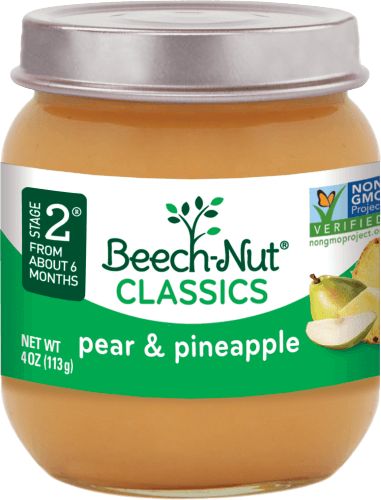
• I will report any changes to my address, phone number, income, family size, Medicaid eligibility, or no longer breastfeeding immediately.
• I allow WIC to take my or my child's height and weight, and a small amount of blood to check my or my child's iron levels. I understand that this information is necessary to determine eligibility for WIC.
• WIC will keep information about me or my child(ren) confidential and will only share
information needed to determine eligibility and referral to other services.
• WIC staff may share information with my health care provider, another WIC clinic, or health, education, and social services programs.
• My information may also be used for quality assurance assessments.
WIC programs.
• I have been informed and I understand my rights and obligations. WIC will keep information about me or my child(ren) confidential and will only share information necessary to determine eligibility and referral to other services.